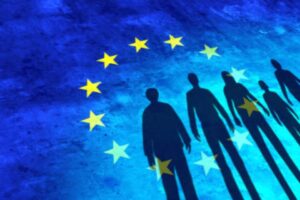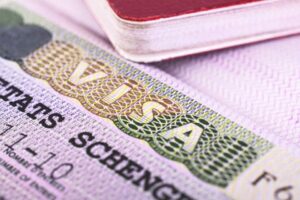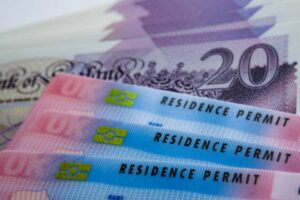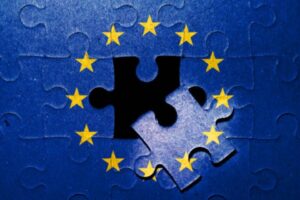In an effort to prevent new variants of COVID-19 from entering Belgium and control them if they do, the Belgian government has made the call to ban all non-essential to-and-from the country, according to a statement made by Belgium’s Prime Minister Alexander De Croo.
According to De Croo, all non-essential arrivals and departures in Belgium will be banned from 27 January 2021 until 1 March 2021, or until the government decides that people can leave or come home.
In his statement, De Croo said that Belgians have done well, but it is his belief that it is necessary to impose further restrictive actions, or “all the measures,” against the Belgian people in the name of keeping them safe.
“The coronavirus situation in our country has stabilized. Our figures are better than in most other countries in Europe, thanks to our perseverance. However, that does not mean that the danger is over. We have seen that there are some new variants, that are highly contagious. That is why we have to build dams. The first dam, we know very well: the basic goldenrules work just as well against the variants as against the regular virus. We can avoid the third wave by continuing to apply all the measures,” De Croo said.
According to De Croo, people will need “a good reason” to travel outside of the country or to come in. Travel for professional, health, or family reasons will be permitted, however, all other reasons will not be allowed. It will be required that anyone traveling anywhere will need to show proof of their “good reason” for doing so, however.
“Those who do travel have to make a statement on honour to show that the journey is essential,” De Croo said. He added, “Let this be clear: we are not building a wall around our country. Coming and going is still possible, but there will have to be a good reason.”
In addition to a newly revised travel ban, Belgium is also requiring stricter quarantine and testing protocol for citizens arriving home and “essential” workers coming into the country.
All travelers from the UK, South Africa, and South America will need to be tested for COVID-19 on days 1 and 7 after arrival and undergo a 10-day quarantine.
Non-residents traveling to Belgium will need to present two negative COVID-19 tests: one a departure from the country of origin and one upon arrival in Belgium.
The mandatory isolation period for people who arrive and test positive for COVID-19 has also been increased from 7 to 10 days.
“We decided to increase the isolation period to ten days, because the new variants seem to be more infectious, and people who are infected also remain contagious for a longer period of time,” said Federal Health Minister Frank Vandenbroucke.
The stricter testing policy is largely due to Belgium’s large testing capacity. The country is also going to use testing in a more strategic way, allowing for quicker reactions to regional outbreaks.
“We have an enormous testing capacity. We are going to use it all to test very broadly. Not only the people who are not feeling well or who pose a risk, but we are also going to systematically test where there is an outbreak. That way we can react quickly,” Vandenbroucke said.
Although the Belgium travel ban is scheduled to be temporary, it will become more-clear whether or not it will be extended once we get closer to the date of 1 March 2021.










